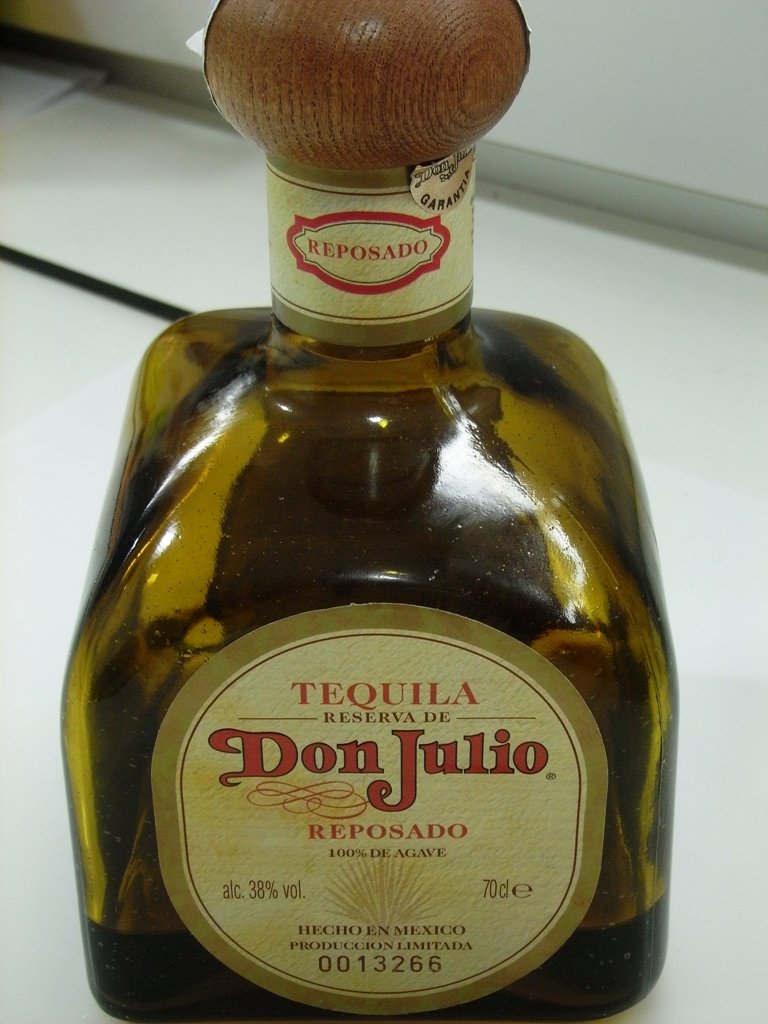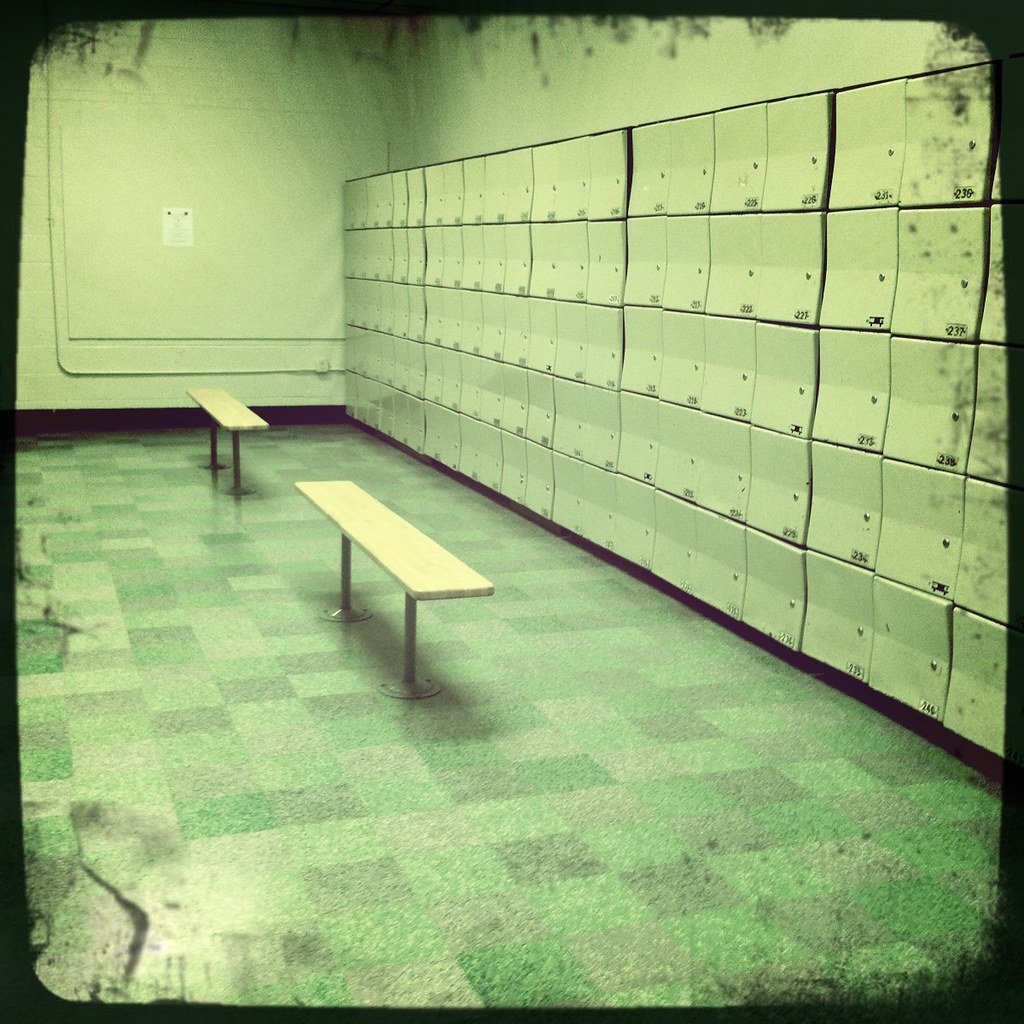
SUNY NEW PALTZ UNDERGRADUATE
LITERARY JOURNAL
STONESTHROW REVIEW
EDITOR’S NOTE
In times of pain and turmoil it’s not unusual for artists to ask themselves what they can do to set the world right again. Believing that words are powerful, we find ourselves feeling powerless if they are all we have to wield. All the while we see those wielding their own words with great certainty: commanding, forbidding, othering. They exert authority with their words, rather than authoring with them. In every age, words can and will be used with such certainty—but an artist knows that certainties are hardly ever what’s true.
Novelist Milan Kundera, living in exile from the authoritarian government controlling his homeland, found power in words, not by exerting his own opposing certainty to their own, by declaring them evil and himself good—but by committing his craft to exploring the eternal uncertainty of what he called “the world of life” which will always exist between the certain sides.
“Man desires a world where good and evil can be clearly distinguished,” he lamented, “this ‘either-or’ encapsulates an inability to tolerate the essential relativity of all things human.” The spirit of art is not the spirit of certainty, but “the spirit of complexity.”
A true work of art reminds us: “Things are not as simple as you think.”
It feels good to be certain. It feels powerful. But when we give in to making declarations of authority Kundera felt, then our words become “a gesture with no tomorrow.” Words made with the real power of uncertainty and complexity… these, he said, are “things made to last.”
In “the world of life” there are, of course, moral absolutes. There is good and there is evil. But within individual human beings we find these all tangled up with one other, and so as artists we must hesitate, think again, ponder.
But isn’t uncertainty the same as ambivalence, hedging, weakness? Why not take command: declare that things are simple, clear, distinguishable. Because we know it isn’t true. Because we instead consider nuance, circumstance, history, empathy, our words get even stronger.
It helps to remember that the works that Kundera authored in his uncertainty have, by now, long outlasted the authoritarians who sent him into exile. Those with words of certainty were defeated by civil disobedience, peace, and patience. Kundera’s words were there, all the while, proclaiming to those who struggled on that the complexity and uncertainty they felt were exactly what they ought to be feeling.
What does any of this mean for us, now, today? How do we write poems and stories and scenes in the face of enduring tragedy and mounting anxiety?
In a time when so many, much louder voices are again so certain, we must uphold our own uncertain voices too.
Our modern epoch, Kundera writes, “is [in] decline” — but, he adds, it is in “progress at the same time.” Often the former feels inescapable, while the latter seems invisible. Until we remember that the declines we were assured were inevitable yesterday, have today been forgotten for the declines we’re told will ruin tomorrow. Through this, we hope for more, and write to that end.
“Like all that is human,” Kundera reminds us, our present situation “carries the seed of its ending in its beginning.”
If we write towards the uncertainty of what has already happened, of what is happening now, and of what begins to happen next, then our words will find their power again.
Now, am I certain of all that?
No. Of course, I am not.
But I believe it when I see it, and I am proud to say that I see it in the 45 works assembled here in this, our 19th issue of the SUNY New Paltz Undergraduate Literary Journal, The Stonesthrow Review.
Collected here, you will find powerful words born from uncertainty and chaos and pain and love and wonder. These are our poems, stories, memories, dramas—none ever simple, all, always complex. Here we intertwine our decline with our progress.
Here, as Kundera would say, are “things made to last.”



















